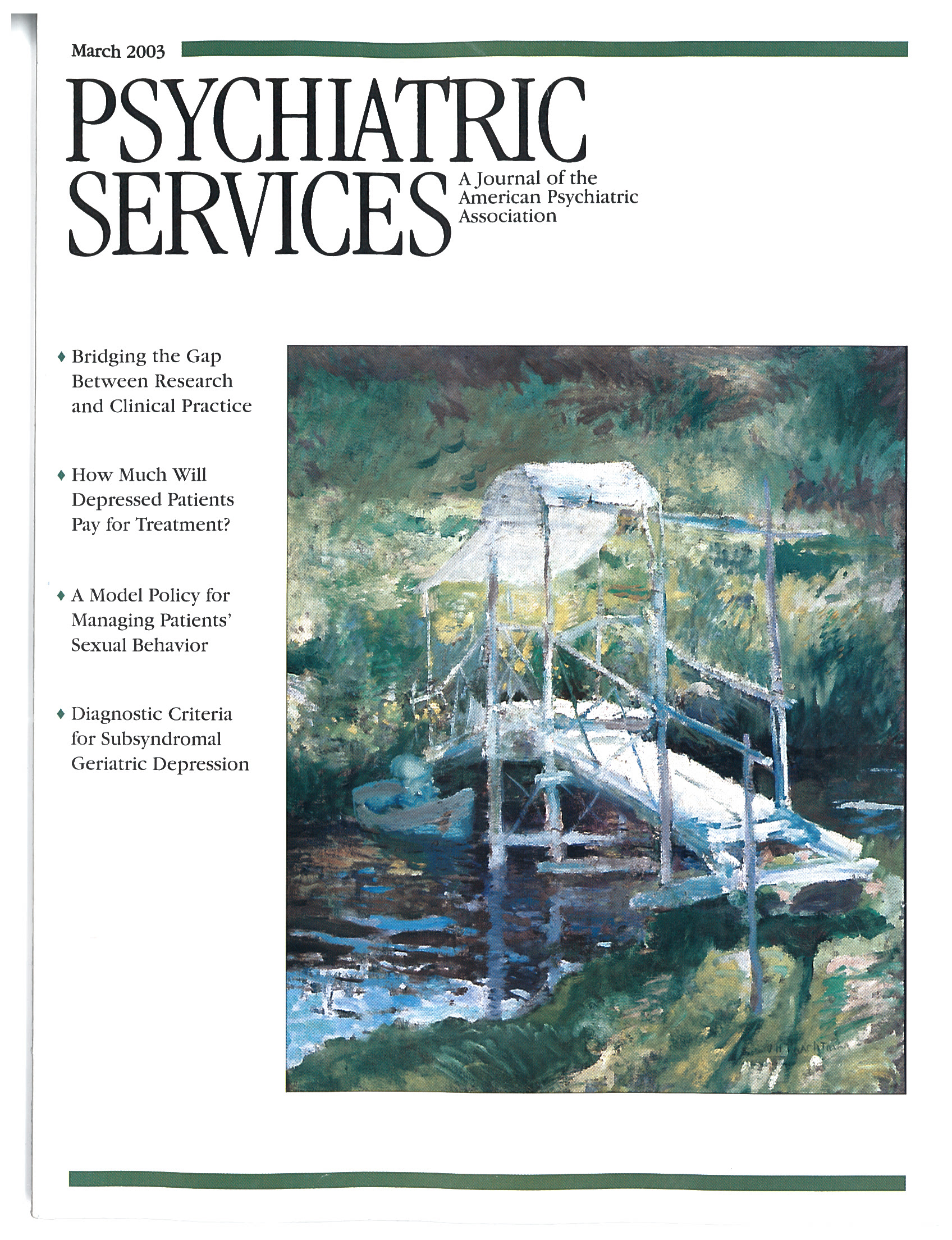Prevention of Depressive Symptoms Through the Use of Distance Technologies
Abstract
Psychoeducational materials can be disseminated at minimal expense through the use of distance technologies, offering an opportunity for prevention. The objective of this project was to develop and evaluate a psychoeducational computer program designed to prevent depressive symptoms. The program was accessible through the Internet or by touch-tone telephone. A total of 786 participants were randomly assigned either to the preventive intervention or to an information-only control condition. Over a three-month follow-up period, no differences between the groups were observed. However, three of the target variables (cognitive style, activity level, and sleep quality) were found to be strong predictors of whether a participant had an episode of major depression during the follow-up period.



